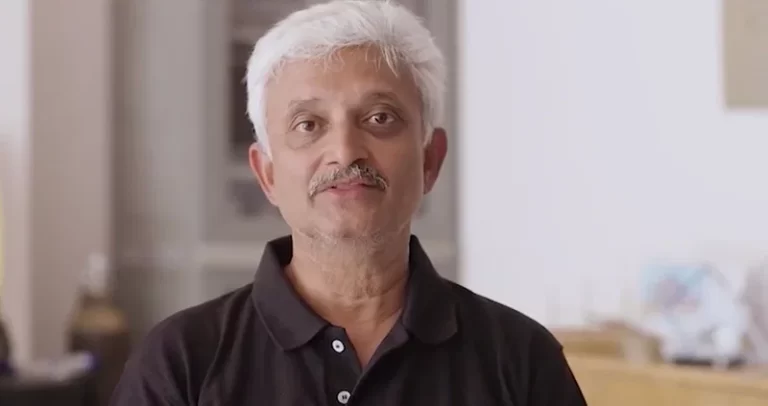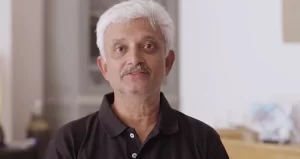
Though most people envisage leading the life of their dreams, very few dare to realize those dreams. Venkatesh Charloo is one such dreamer, who left his financial banker position in Hong Kong to build a recreational scuba centre in Goa and later studied the ocean and became a marine conservationist. Having thirty years of diving expertise, he is familiar with the waters in ways that few others have.
He formed the NGO Coastal Impact in 2009, prompted by a desire to give something to the waters after being met with dangers to aquatic life. In 2019, Coastal Impact was also awarded The Habitats Trust’s Lesser-known Habitats Grant for their work on coral transplanting in Goa.
Venkatesh Charloo’s Contributions to the Protection of Aquatic Life

In 1998, Venkatesh Charloo purchased a diving center and registered it with the Department of Labor. Over the years, the institute has trained nearly 2,000 divers globally. During his time there, Venkatesh had a life-changing encounter – rescuing an angel fish – which inspired his commitment to aquatic conservation.
In 2009, as the southwest monsoon approached, bringing with it heavy rains and a temporary closure of the diving center, Venkatesh saw an opportunity to explore other interests. It was during this time that he made a life-altering decision to dive deeper into the field of marine conservation. Driven by his unwavering enthusiasm, he founded Coastal Impact, a venture dedicated to safeguarding the seas and its magnificent inhabitants.
Venkatesh’s journey from banker to marine conservationist exemplifies the transformative power of following one’s passion. With Coastal Impact, he is working tirelessly to raise awareness, conduct research, and implement sustainable practices that will protect and restore our precious marine ecosystems for generations to come. Through his endeavors, he seeks to inspire others to recognize the beauty and fragility of our oceans, encouraging them to join in the vital mission of preserving these underwater wonders.
The Future Plan
The eventual aim would be to safeguard aquatic wildlife in these places by utilizing cutting-edge technologies such as image acquisition, laser grammetry, submarine movies and webcams, 3d scanning, and so on. In terms of the foreseeable future, Venkatesh believes they are already on their approach to launching their ‘Marine Monitors’ scientific research project. This would employ qualified divers to photograph marine species and upload them to a central database, enabling researchers to examine a global image of corals while also monitoring the sustainability of the seas. Although the future appears to be fascinating, Venkatesh believes that today is what matters.








